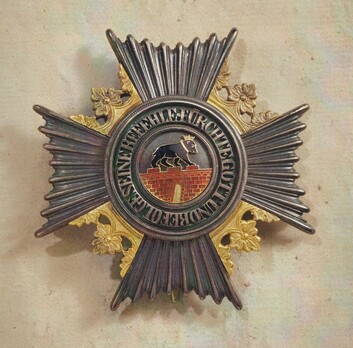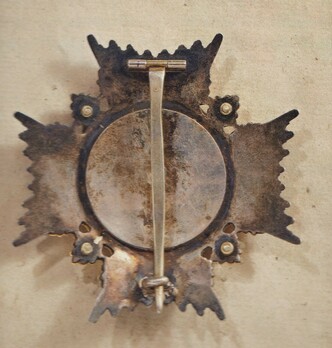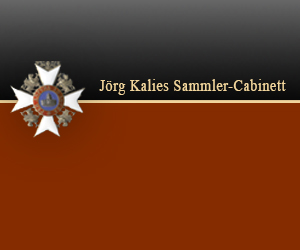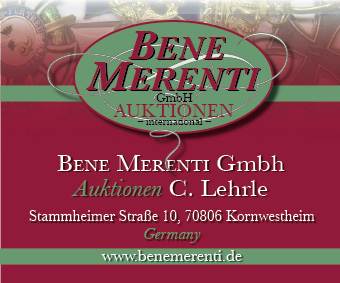Order of Albert the Bear, Commander Breast Star
CATEGORY: Version
SKU: 01.ANH.0101.105.01.000
Estimated market value:


Estimated market value:
A four-rayed star constructed of silver, gold, silver gilt and enamels. The quadrants between the rays bear golden ornate club details. The obverse bears a circular medallion with the enamelled image of a bear with a crown ascending a wall with a door, encompassed by a border with the inscription "FUERCHTE GOTT UND BEFOLGE SEINE BEFEHLE" (Fear God and Obey His Commands). The reverse bears a pin back for attachment.
The Order of Albert the Bear was founded by Prince Sigismund I of Anhalt-Dessau around 1382 and was named after Albert the Bear (1110-1170), the first Ascanian Margrave of Brandenburg and the Count of Anhalt and Ballenstadt. The order was forgotten after Prince Sigismund I’s death in 1405. On November 18, 1836, the order was renewed and made a joint House Order by Duke Henry of Anhalt-Köthen, Duke Leopold IV of Anhalt-Dessau, and Duke Carl of Anhalt-Bernburg. The Order of Albert the Bear was awarded by the Dukes to meritorious subjects as a token of honour and distinction.
The Order of Albert the Bear originally featured three main grades and two merit medals, which included: Grand Cross with Grand Cross Breast Star, Commander, Knight, Gold Medal of Merit, and Silver Medal of Merit. In 1848, the grade of Commander was expanded into I Class Commander with I Class Commander Breast Star and II Class Commander. In 1854, the grade of Knight was expanded into I Class Knight and II Class Knight. From 1863, the reigning Duke of Anhalt was the order’s Grand Master. Non-Christians were not eligible for the order until after 1863.
The Order was amended on July 18, 1864, to incorporate crossed swords as a possible addition for wartime merit. The crossed swords, which are added between the top of the medal and the suspension ring, indicate a Military Division award. The absence of crossed swords indicates a Civil Division award.
In 1901, a surmounting gold-coloured crown was added to the grades of Grand Cross, I Class Commander, II Class Commander, and I Class Knight. A surmounting silver crown was added to the grade of II Class Knight.
According to the statutes, it was possible for a Grand Cross to be awarded with the combination of a crown and swords, however, no such medal was officially produced.
The revision of the statute in 1850 included the creation of a Breast Star for I Class Commander. This is the only difference between the two grades.

Comments
Sign in to comment and reply.


Scroll Top